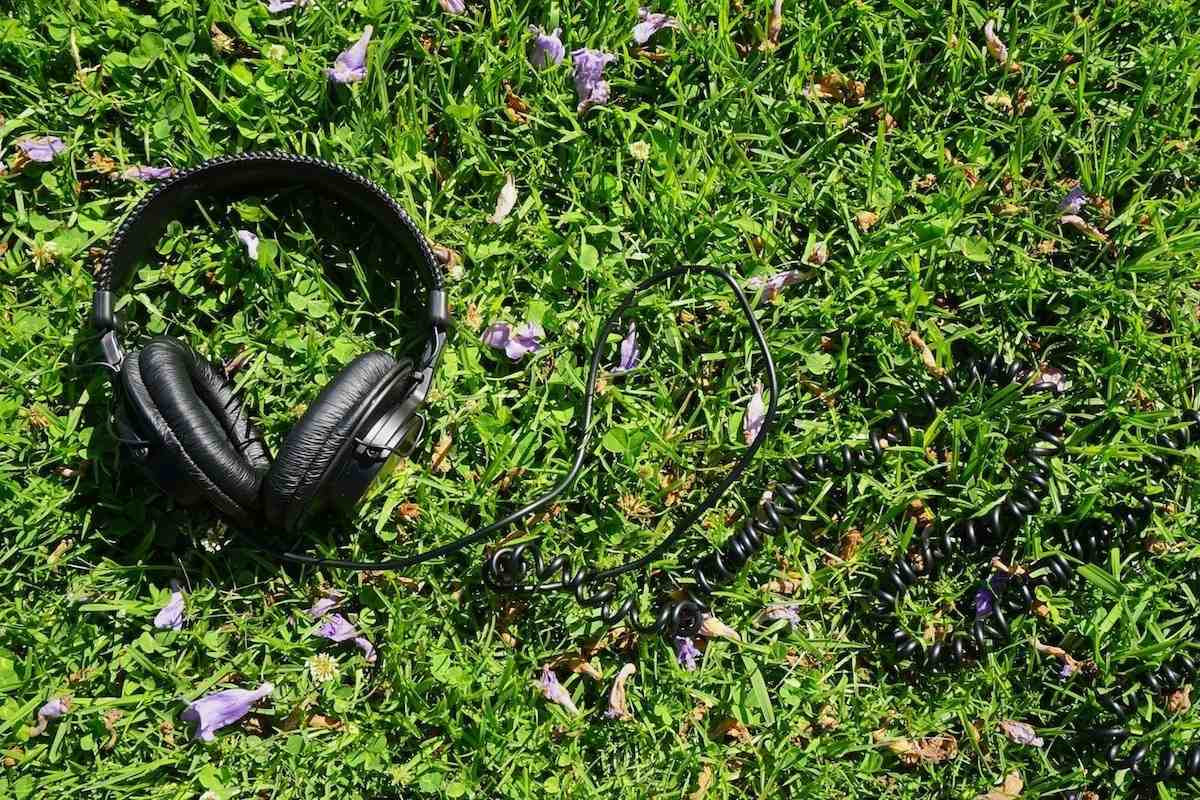
Music is all around, it seems – from terrestrial radio to the satellite kind, from iTunes to Spotify, from shopping mall speakers to barroom jukeboxes.
There’s so much of it, in fact, that it can feel a bit overwhelming when it comes time to search for the perfect song – the one that’s going to score a scene or set the tone for your project. Not to worry, however – if you don’t already have a specific artist or song in mind, there are plenty of ways to jog the creative process, so strap on your headphones and start exploring!
Keep it local

Music isn’t created in some nebulous “other” place – I guarantee that even in the smallest city, you can find plenty of folks who are strumming guitars and thumping out tasty bass lines. Start your explorations by seeking out regional blogs, radio shows, and concerts that offer a path for connecting with the local creative community. This is a great way to not only find place-specific music (i.e. California canyon folk, Motor City R&B, Texas two-step twang), but also form lasting, symbiotic relationships – you never know when somebody might need a music video down the line!
Cruise around the internet
If you’re drawing a blank, pull inspiration fromthat magical place we all know so well – the internet. Scour through themed playlists on Spotify, create a Pandora “radio station” based on a song you love to discover similar tracks, explore current blogosphere hits via Hype Machine, or use Tunefind to take notes on music being used in film, TV, and advertising. The internet can feel like a large, black hole for sure, but it’s also the perfect playground for discovery.
Visit a music library

You don’t need a card – or even a car – to visit a music library, which is an online collection of stock songs set up to make licensing a breeze. It’s usually easy to filter through the collection of songs (typically either tracks by relatively unknown artists or non-commercial music created solely for licensing purposes) based on genre, lyrics, vibe, or BPM. Library fees tend to be on the cheaper end of the spectrum, which makes these songs a good value for budget-strapped productions. However, buyer beware: sometimes “library music” can feel poorly produced and yes, cheap. Still, there’s plenty of good quality, affordable music available – ask other filmmakers for suggestions on which libraries they prefer; some of the most popular ones include Marmoset, Audiosocket, Musicbed, AudioJungle, PremiumBeat, incompetech, Pond5, and Getty Images Music.
Consider Creative Commons
What if you’re not only budget-strapped, but completely budget-less? Take a stroll through the wonderfully wide world of Creative Commons, a nonprofit organization that connects folks who want to share and use creative output that includes photographs, visual art, and music. They offer a platform that allows you to search for music and then license it for your project at zero cost, although some works may carry a restriction that they can’t be used in commercial projects – read the fine print carefully to ensure that selected songs will work for your film. Other free resources include the YouTube Audio Library and mobygratis (yes, that Moby!); several of the libraries listed in the previous section also offer free music downloads – look for the “Creative Commons” or “Public Domain” sections of their sites to begin searching.
Contact a licensing company

A third-party “synch” licensing company (so-called for the process of “synchronizing” of a song to visual media) typically represents a curated collection of music, often entire music labels or small publishing catalogues. The music here is typically higher quality than you’d find at a music library – and yes, that means the prices might be higher, as well, depending on whether or not there is a major label or publisher involved in the song. While somecompanies offer online search portals similar to a library, they also feature live human beings who know their catalogue inside and out and can help point you to a selection of music that fits your project – and budget. Well-established companies include Sugaroo!, Zync, and Bank Robber.
Work with a composer
If you want to score your project with original music, it’s time to hire a composer. Keep in mind that unless you’re calling on a friend who owes you a big favor, you’ll need to set aside a budget for this. Outside of your own networks, there are several ways to find composers. First, you can scroll through film credits on IMDB to find composers whose work you admire. Second, you can reach out to any number of established music production houses to discuss their services – Hum Music, Elias Arts, and Mophonics are just a few. Third, you can reach out to performance rights organizations like ASCAP and BMI, and finally, you can do the same with university music programs to find up-and-coming student composers eager to build their reel.
Hire a music supervisor

Already overwhelmed – or have budget to spare? Hire a music supervisor, people who are skilled in executing not only the music selection process, but also the legal mechanics involved in actually licensing a song. To find supervisors you might like to work with, scour IMDB credits for films and TV shows whose soundtracks you admire.
